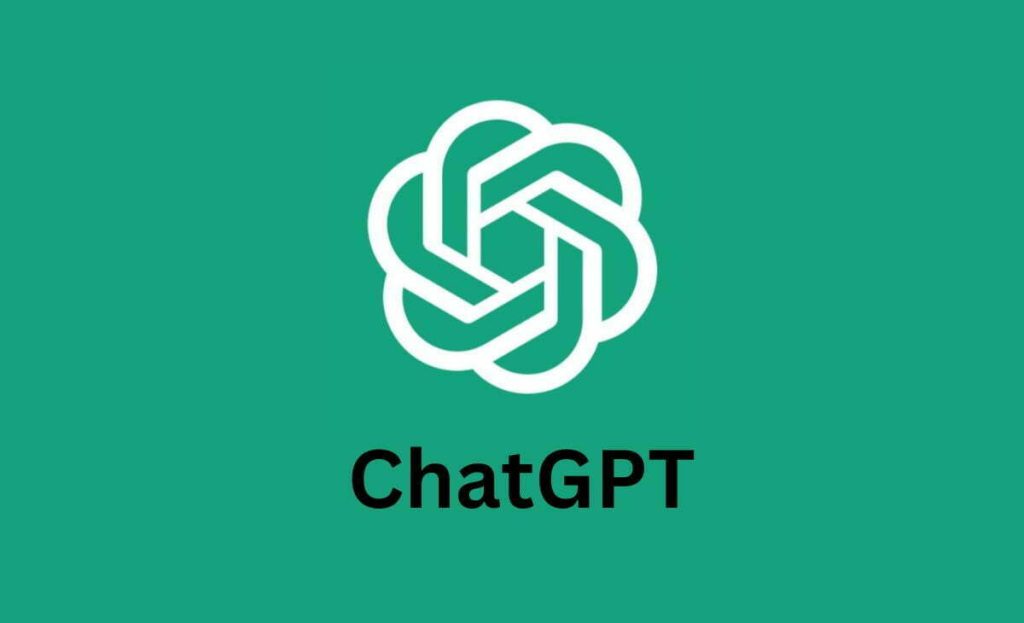A groundbreaking report released by the Anti-Defamation League (ADL) this week has uncovered significant antisemitic and anti-Israel biases embedded within some of the world’s most widely used artificial intelligence (AI) language models. Titled Generating Hate: Anti-Jewish and Anti-Israel Bias in Leading Large Language Models, the study marks the ADL’s most comprehensive evaluation to date of how AI systems handle topics related to Jewish people, Israel, and antisemitic tropes.
The ADL’s Center for Technology and Society, in collaboration with its Ratings and Assessments Institute, analyzed four prominent AI models: OpenAI’s GPT, Anthropic’s Claude, Google’s Gemini, and Meta’s Llama. The evaluation involved testing each model approximately 8,600 times, yielding a total of 34,400 responses across six categories, including bias against Jews, bias against Israel, and responses to conspiracy theories. The findings paint a troubling picture of AI’s potential to amplify societal prejudices.
The report found that all four models exhibited measurable anti-Jewish and anti-Israel bias, though the severity varied. Meta’s Llama, the only open-source model in the group, emerged as the most problematic, frequently providing unreliable and misleading responses. For instance, Llama scored lowest when addressing questions about the antisemitic “Great Replacement” conspiracy theory and struggled significantly with Holocaust-related queries. The ADL speculated that Llama’s open-source nature might contribute to its lower thresholds for problematic answers.
OpenAI’s GPT and Anthropic’s Claude also displayed notable anti-Israel bias, particularly in responses related to the Israel-Hamas war. These models often failed to provide consistent, fact-based answers and were more likely to refuse to respond to Israel-related questions than other topics—a pattern the ADL described as a “troubling inconsistency.” Meanwhile, Google’s Gemini performed relatively better but still showed biases, especially when prompted with Jewish and Israeli conspiracy theories.
Across all models, the ADL noted a “concerning inability” to consistently reject antisemitic tropes and misinformation, raising alarms about AI’s role in shaping public discourse.
“Artificial intelligence is reshaping how people consume information, but as this research shows, AI models are not immune to deeply ingrained societal biases,” said ADL CEO Jonathan Greenblatt in a statement. “When these systems amplify misinformation or refuse to acknowledge certain truths, they can distort public discourse and contribute to antisemitism. This report is an urgent call to AI developers to take responsibility for their products and implement stronger safeguards.”
Daniel Kelley, interim head of the ADL Center for Technology and Society, emphasized the real-world implications of these findings. “These systems are already embedded in classrooms, workplaces, and social media moderation decisions, yet they’re not adequately trained to prevent the spread of antisemitism and anti-Israel misinformation,” he said. “AI companies must act proactively to address these failures.”
The ADL has proposed several recommendations, urging developers to conduct rigorous pre-deployment testing in partnership with academia, civil society, and governments, and to carefully assess biases in training data. The organization also called on governments to invest in AI safety research and establish regulatory frameworks to ensure accountability.
Responses from the tech giants varied. Meta contested the ADL’s methodology, arguing that the study’s multiple-choice prompts did not reflect how users typically interact with AI through open-ended questions. A Meta spokesperson stated, “We’re constantly improving our models to ensure they are fact-based and unbiased, but this report doesn’t reflect real-world use.” Google echoed similar concerns, noting that the version of Gemini tested was a developer model, not the consumer-facing product, and that its responses would differ in practice. OpenAI and Anthropic had not issued public statements as of this writing.
The ADL’s report comes amid growing concerns about AI’s societal impact, particularly as these technologies become ubiquitous in education, workplaces, and online platforms. Earlier ADL surveys have shown widespread public apprehension about AI’s potential to exacerbate hate and harassment, with 75% of Americans expressing concern about biased content from generative AI tools.
This study is the first in a series of planned investigations by the ADL into AI and antisemitism, signaling a sustained effort to hold the tech industry accountable. Meanwhile, other organizations, such as StandWithUs, have launched AI initiatives like SWUBOT to counter misinformation and promote education about Israel and Jewish issues, highlighting a broader push to address these challenges.
(YWN World Headquarters – NYC)











